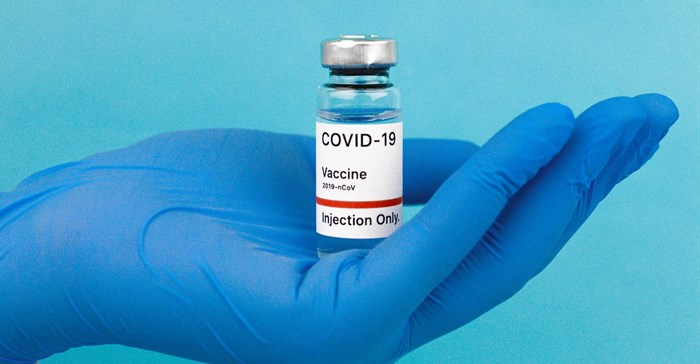Who's liable if the Covid vaccine goes wrong?

South Africa lags behind most developed nations when it comes to our Covid-19 vaccine uptake.
Less than 30% of South Africans have received the jab, far behind the likes of Botswana (46%), India (50%), the US (64%) and Brazil (70%). Even though the government has enough supply to vaccinate the entire adult population, there is widespread vaccine hesitancy and a perception that the vaccine trials were rushed and a fear of possible side effects.
New scheme established in SA
In an effort to allay these fears, the Minister of Co-operative Governance, Nkosazana Dlamini-Zuma established a Covid-19 vaccination injury No-Fault Compensation Scheme in April last year. The purpose of the fund, which falls under the Department of Health, is to provide compensation to those who have suffered harm, loss or damages as a result of the Covid-19 vaccine.
This means that neither the nurse, doctor, hospital or clinic who administered the vaccine would be liable in the case of serious injury, nor would the pharmaceutical company who manufactured the vaccine, such as Pfizer or Johnson & Johnson, be on the hook. Rather, the government has provided a shield to the medical and pharmaceutical community by setting up this scheme.
According to Indwe Risk Services, claimants can lodge a claim in their personal capacity. If the vaccine results in death, the dependent of the deceased, such as their wife, husband or child, may also lodge a claim. In order to qualify, a claimant needs to prove that they have suffered loss, harm or damage as a result of the Covid-19 vaccine; or that their deceased family member has done so.
The team at Indwe Risk Services also advises that medical practitioners check in with their financial advisors or brokers, for any specific changes to their indemnity cover that may have come about as a result of the impact of the pandemic.
Compensation funds abroad
South Africa’s No-Fault Compensation Scheme is similar to those of other countries, including the US, the UK and many European countries. Having a no-fault compensation fund means that pharmaceutical companies are immune from law suits from the public.
In theory, it makes it easier for those who suffer from serious injury from vaccines to claim compensation, although in the past 10 years over 90% of US claimants have failed to obtain any form of compensation. In Australia, claimants must first file a legal claim and only if they win their case in court will they be eligible for government compensation.
Relief for employers
The establishment of the No-Fault Compensation Scheme is good news for employers considering making the Covid-19 vaccine mandatory for their staff, says another risk advisor, MC de Villiers Brokers. It lowers the risk of litigation from claims of serious harm, loss or damage as a result of taking the vaccine.
In addition, there is now another source of compensation available from the Department of Labour. If an employer demands mandatory vaccination, as Discovery did last year, workers who comply and then suffer rare side effects from the Covid-19 vaccine can apply for compensation from the Workmen’s Compensation Fund – in other words, as if it were a workplace injury.
However, before paying out, the claimant must meet a host of criteria, including having had an approved Covid-19 vaccine in SA. They must also prove the causal link between the innoculation and the reported side effects, which must be generally recognised as symptoms of the Covid-19 vaccine.






























